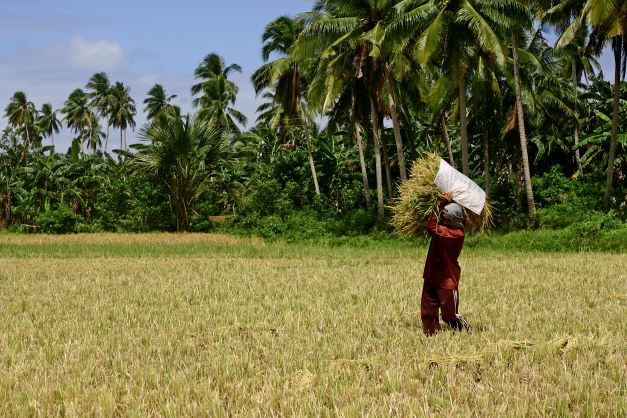The primary objective of this research is to develop policies and programs targeted at the early exploitation of the most cost effective GHG abatement options within Indian agriculture. Subsidiary objectives are to document current national policy settings affecting the Indian agricultural sector which may inadvertently be encouraging high emission production activities or the use of energy intensive inputs; review developments in the GHG policy settings of other countries, with particular regard to the proposed role of agriculture; quantify the scope for cost-effective mitigation within India’s agricultural sector; assess the economy-wide impacts of agricultural policy reform and the introduction of an agricultural offsets policy on agricultural productivity, food security, rural incomes, employment, trade and emissions; and assess alternative policy designs and institutional arrangements that can efficiently deliver GHG mitigation by the agricultural sector.
Events


